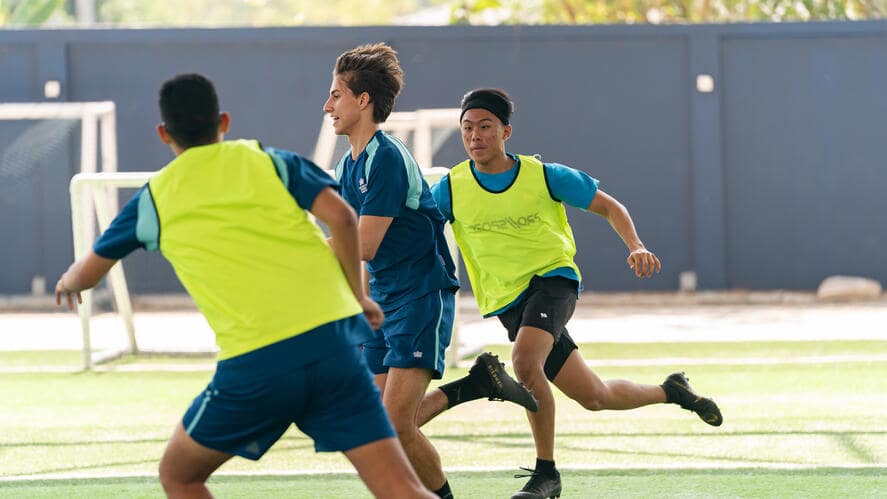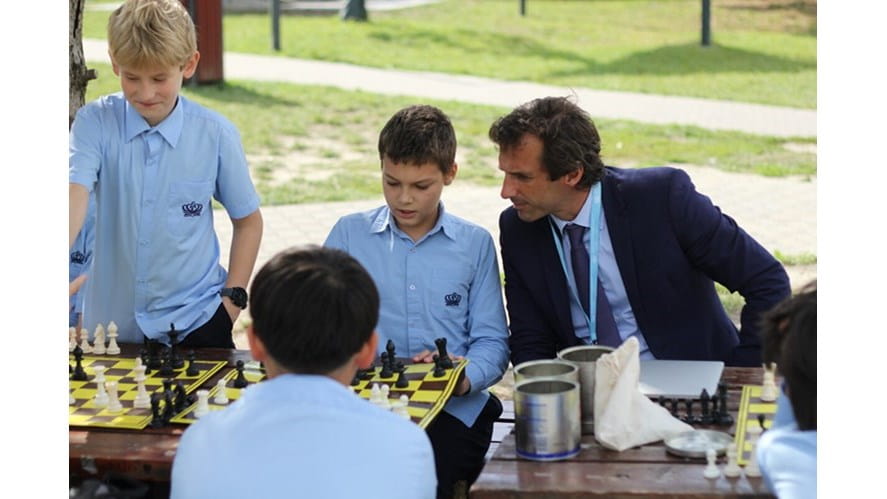Blog
- Discover more
- Apply now
- Parent essentials
- Calendar
- Careers
- News
- Discover more
- Apply now
- Parent essentials
- Calendar
- Careers
- News
 Blog
Blog
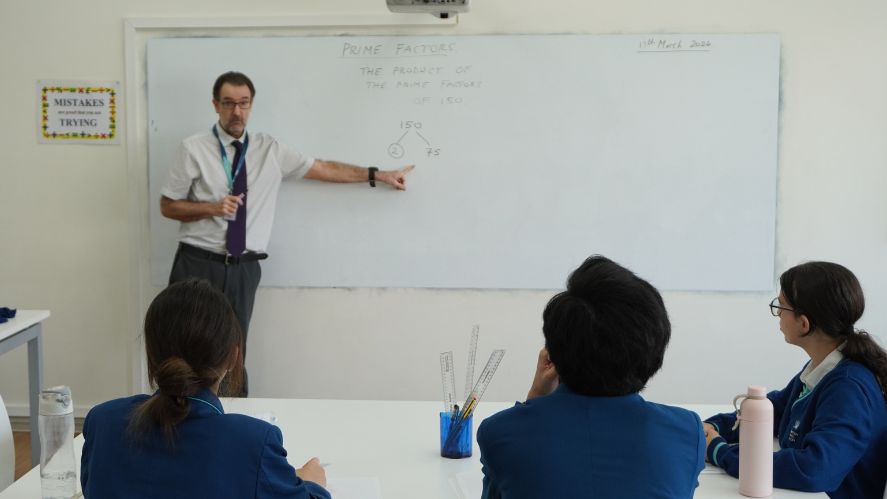 Blog
Blog
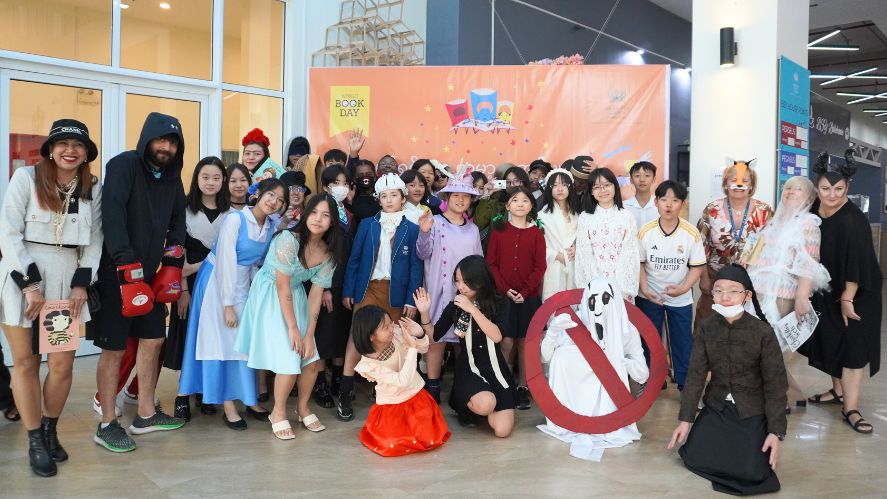 News
News
BSY Sparkles with literary magic on World Book Day, as students and staff revel in a day of creative costumes, shared stories, and a celebration of the joy of reading.
 News
News
.jpg?rev=7956f85e26c84814a803afbd6efb8a43&hash=3032886C34A3668C0C96358F9A23D8DE) Blog
Blog
Learn more about the IGCSE curriculum, what it entails and why it is held in such high regard.
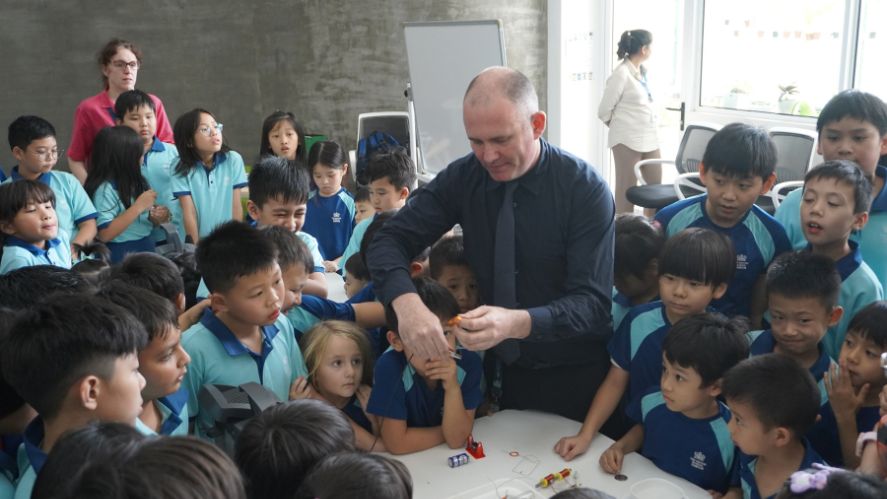 Blog
Blog
 News
News
 News
News
 Blog
Blog

